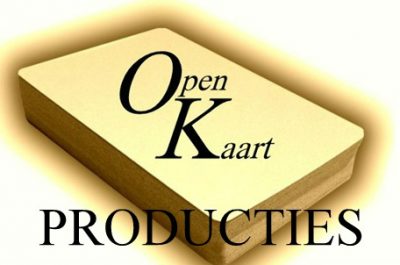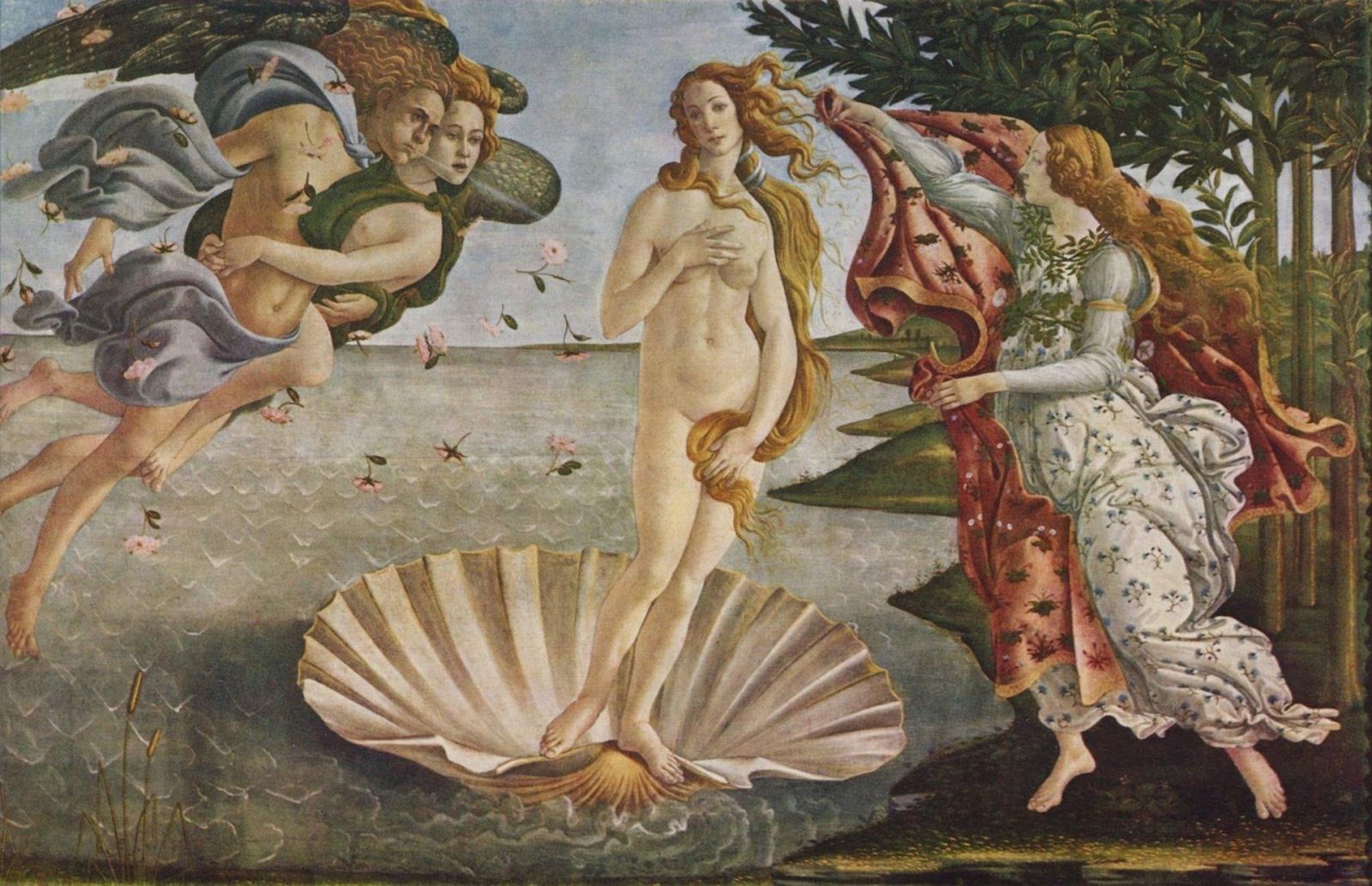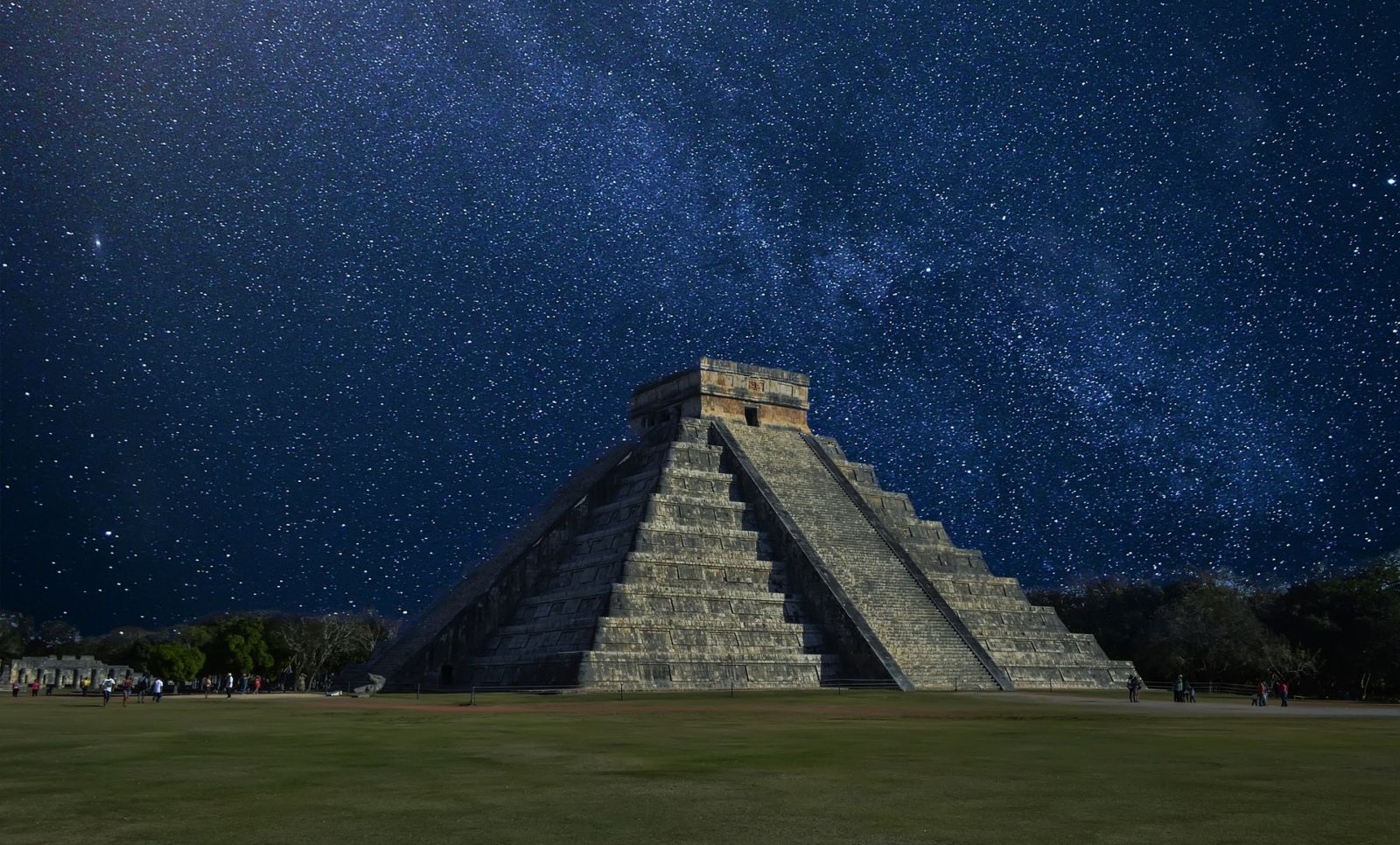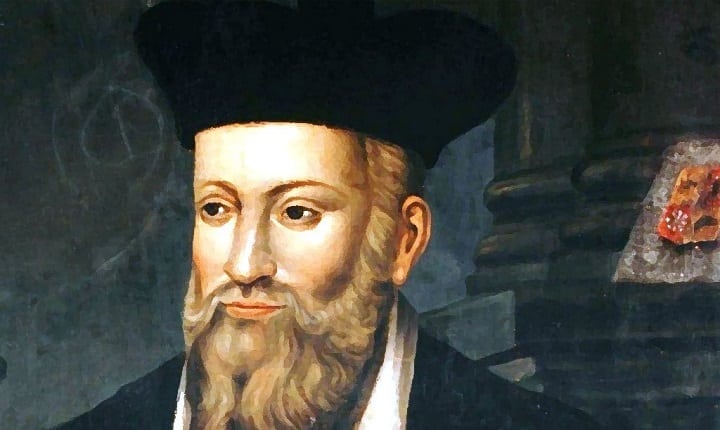What is astrology?
What is astrology, how did it originate and where did it come from? So many people who really have a thing for astrology, but also so many people who think it is complete nonsense. What is the real deal with the stars and planets, and how can you apply astrology to yourself even if you don't believe in it? And what can you expect from me when you request an astro-consultation from me?
Very, very ancient people believed that each planet belonged to a deity, each with its own power. These included the sun, moon, Mercury, Venus, Mars, Jupiter and Saturn, the planets that could be observed with the naked eye.
With the advent of increasingly modern telescopes, many more planets were discovered over time, but the seven basic planets were still the seven aforementioned 'lights' that, according to our ancestors, were used as messengers by their associated gods.
Sun: the sun god
Moon: the ruler of the night
Mercury: messenger of the gods
Venus: goddess of love
Mars: god of war
Jupiter: king of all gods
Saturn: god of world and time
They were later joined by:
Uranus: god of the air
Neptune: god of the sea
Pluto: god of the underworld
The history of astrology
How far astrology goes back cannot be said with certainty but one of the first finds of astrology concerns a lunar calendar from about 35,000 years ago. It concerns a piece of bone with the phases of the moon drawn on it.
20,000 years later, about 23000 BC, the first phase of Stonehenge built. According to a scientist, the placement of the mysterious structure shows similarities with the position of the sun and the moon, and in this way, the stones would have predicted the seasons.
Although the techniques of the past are no match for those of today, it is clear that people have been (trying to) predict the future through the universe for a long time.
Despite the primitive means at their disposal at the time, it is quite remarkable that in ancient Egyptian temples drawn celestial maps have been found depicting phenomena from the cosmos that can only be seen with the most advanced telescopes of our time!
Medical and predictive astrology
In the Middle Ages, astrology began to be applied to medicine. Diagnoses were made based on a personally drawn horoscope and medicinal herbs based on lunar phases were grown, prescribed and administered.
At that time, forecasting through astrology was also refined. Nostradamus is one of the most famous astrologers who made history with this.
Whereas people used to believe mainly in gods, mysticism and magic, today they place more value on psychology and spirituality in a more earthy form.
And yes, this too involves astrology. At least, for me.
Astrology and synchronicity
Unfortunately, I cannot claim with certainty that the planets actually influence us, but if you delve into history as well as astrology, it is notable that whenever the planets were in the sky in a certain way, equivalent events took place in the world or society.
Or conversely, that notable events took place on Earth and it was found after astrological research that planets with a certain influence made an aspect with each other exactly at that time that confirmed the events on Earth at that time.
I believe in coincidence .
But I also believe that there is more between heaven and earth and that we are far from knowing everything!
So that's how I approach astrology too. I combine the mystical with the mental during my astrological consultations.
I interpret the horoscope based on ancient wisdom and relate it to my client's psyche and their own free will in a modern way.
In this way, my client will recognise very much, if not everything, in him or herself that is described in the horoscope and thereby be prompted to think about issues that are important to him or her at that moment.
In the horoscope, nothing is ever fixed but the information does provide guidance and tools to better handle certain situations and.... to give happiness a hand.
The fact that each astrologer interprets horoscopes differently makes it impossible to speak of science. Indeed, in addition to astrological theory, there is a lot of intuition, human knowledge and creative thinking involved.
So I certainly don't see astrology as science, but mainly as a art form and a craft.
The fact that my clients are always extremely happy with their horoscope and can actually do something with it for themselves means a lot to me and is worth much more to me than the 'approval' of any scientist.
I therefore thank all the wise astrologers of ancient times from the bottom of my heart, for the fact that now, centuries later, I can still benefit from their startling discoveries and make use of their valuable methods.
VIP Astro> HOME.




